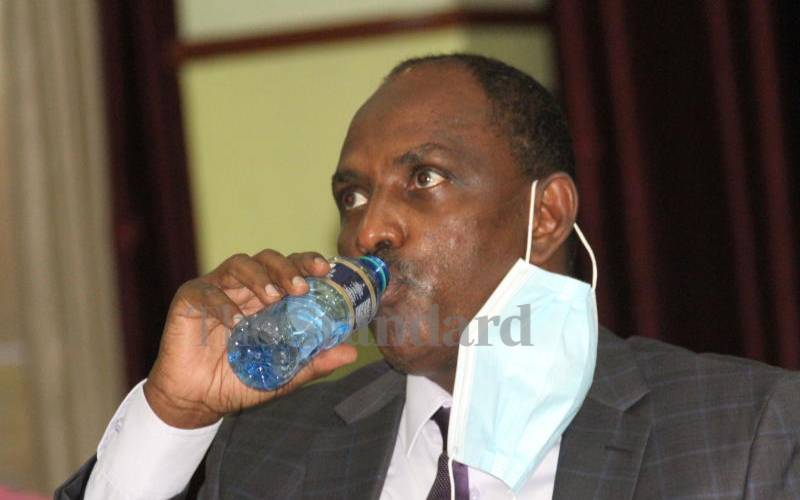×
The Standard e-Paper
Stay Informed, Even Offline

Treasury Cabinet Secretary Ukur Yatani when he appeared before the parliamentary Committee on Finance and National Planning at KICC in Nairobi on December 1, 2020. [File, Standard]
Public servants have reacted angrily to the decision by the National Treasury to withhold close to Sh83 billion in salary increment that the State owes civil servants and teachers.